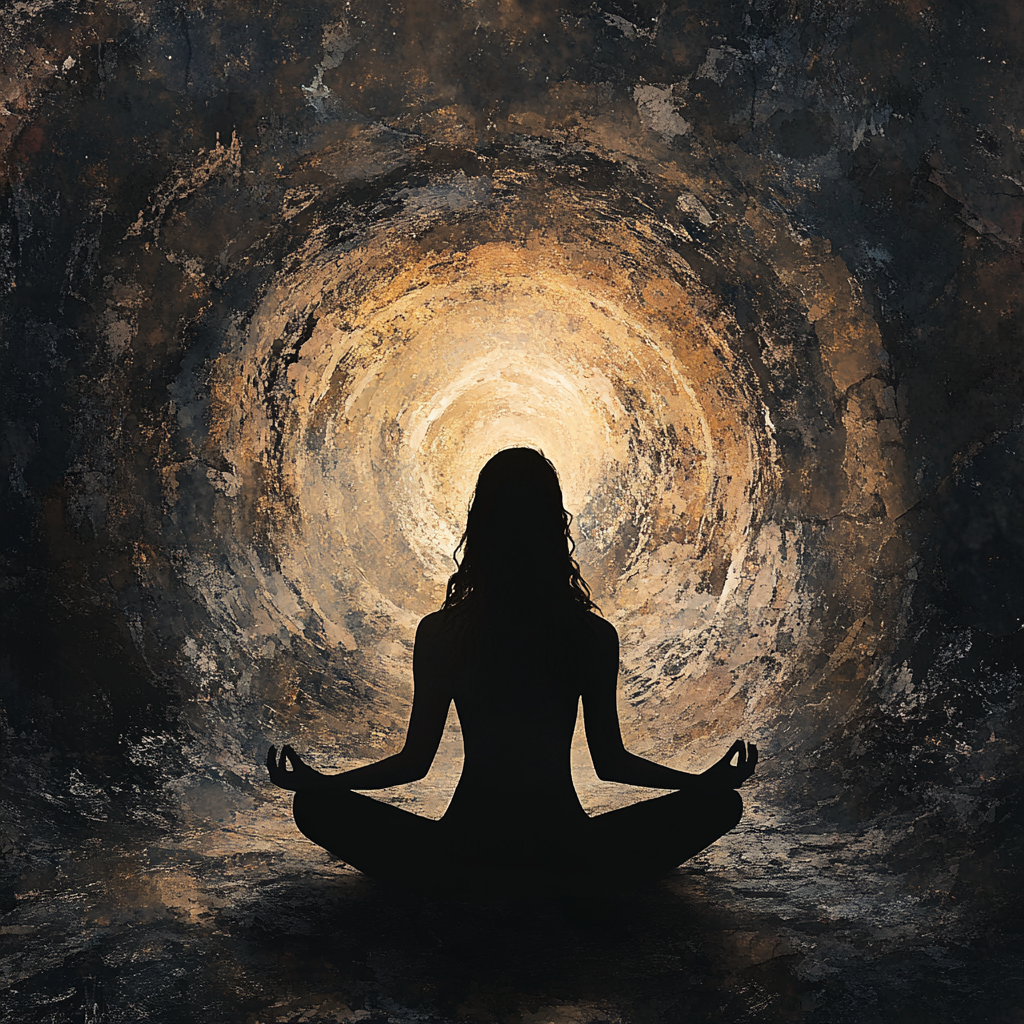
More Soothing Than a Mindful Retreat? How I Rediscovered Tranquility Through the Guqin
Share
Life in the modern age is a relentless pursuit—meals skipped due to overcommitment, eyes glued to screens until moments before sleep, and mornings that feel like a mad dash against time itself. Fatigue is no longer a temporary condition but an imprint woven into our very existence. You may believe that relief lies in a luxurious getaway, a tranquil soak in thermal waters, or even a pilgrimage to an ancient temple. But have you ever considered that true equilibrium—the kind that dissolves tension and reunites mind with body—might be waiting right at your fingertips?
The guqin is neither mysticism nor mere ornamentation; it is the simplest, yet most profound form of restoration.
The moment your fingers graze its strings and evoke that first resonance, you will perceive its distinctiveness. Unlike the sharp clarity of a piano or the impassioned intensity of a violin, the guqin neither commands nor dictates emotion. Instead, it unfurls like a whispering breeze through a bamboo grove, like water caressing the contours of smooth river stones, like the gentle, rhythmic cadence of your own breathing when you surrender to stillness. Its low frequencies do not intrude; they settle, they ground.
Listen closely, and you will discern the guqin’s layered harmonics: the resolute depth of open notes, the ethereal chime of harmonics, the expressive nuance of pressed tones. These sounds do not simply reach the ear—they permeate, unraveling the knots of invisible tension much like the practiced hands of a skilled masseuse easing strain from weary muscles. This is not an esoteric “energy field” nor an instrument imbued with mystical doctrine. It is physics. The guqin’s resonant frequencies align with the brain’s natural state of repose, slowing breath, steadying pulse, and dismantling anxiety with each measured vibration.
It is akin to meditation, yet even simpler. There is no need for prolonged training, no forced stillness—merely plucking the strings will draw you into serenity. It does not require effort to relax; relaxation is its essence.
“But I don’t know how to play,” you might say.
You presume that learning the guqin demands the rigor of earning a driver’s license or the discipline of years-long yoga practice. But here lies its most remarkable truth—its therapeutic effect is independent of skill. Mastery is not the key; willingness is.
No knowledge of musical notation is required. No intricate finger placements must be memorized. Even an untrained touch, idly brushing across the strings, is enough to invoke calm. From the very first lesson, you will produce a melody—not after years of dedication, nor through natural talent, but simply by engaging with the instrument. It is not about precision; it is about presence.
This is where the guqin diverges from other instruments. The piano demands accuracy. The guitar insists on rhythm. The erhu requires dexterity. But the guqin? It asks for nothing. It permits looseness, it embraces slowness, and it allows you to discover rhythm within yourself, rather than molding yourself to a predefined structure.
What fuels modern anxiety? The relentless acceleration of time, the paralysis of too many choices, the crushing expectation of flawlessness. The guqin is the antithesis of all these things. Its tones are uneven, its tempo unbound, its melodies intentionally punctuated by silence. It does not rush you—it breathes with you. It offers you the rarest of gifts: a moment in which you can hear not only music but your own heartbeat.
Do you truly require an escape, or do you simply need an instrument?
You may think the answer lies in departure—in retreating from life’s chaos, in momentary oblivion. But in truth, all you need is a way to anchor yourself amid the storm. The guqin is not a diversion; it is a method for inhabiting life with greater lightness, with greater ease.
No elaborate planning is required. No distant destination must be reached. Right now, in this moment, you can sit down, devote thirty minutes to the strings, and feel tension dissolve. Your thoughts will slow, your body will soften, and tranquility will settle within you, like the most exquisite form of psychological reprieve.
The world will continue its relentless motion—but your heart, if you allow it, can learn to be still.
Pluck the first note, and you will understand.

